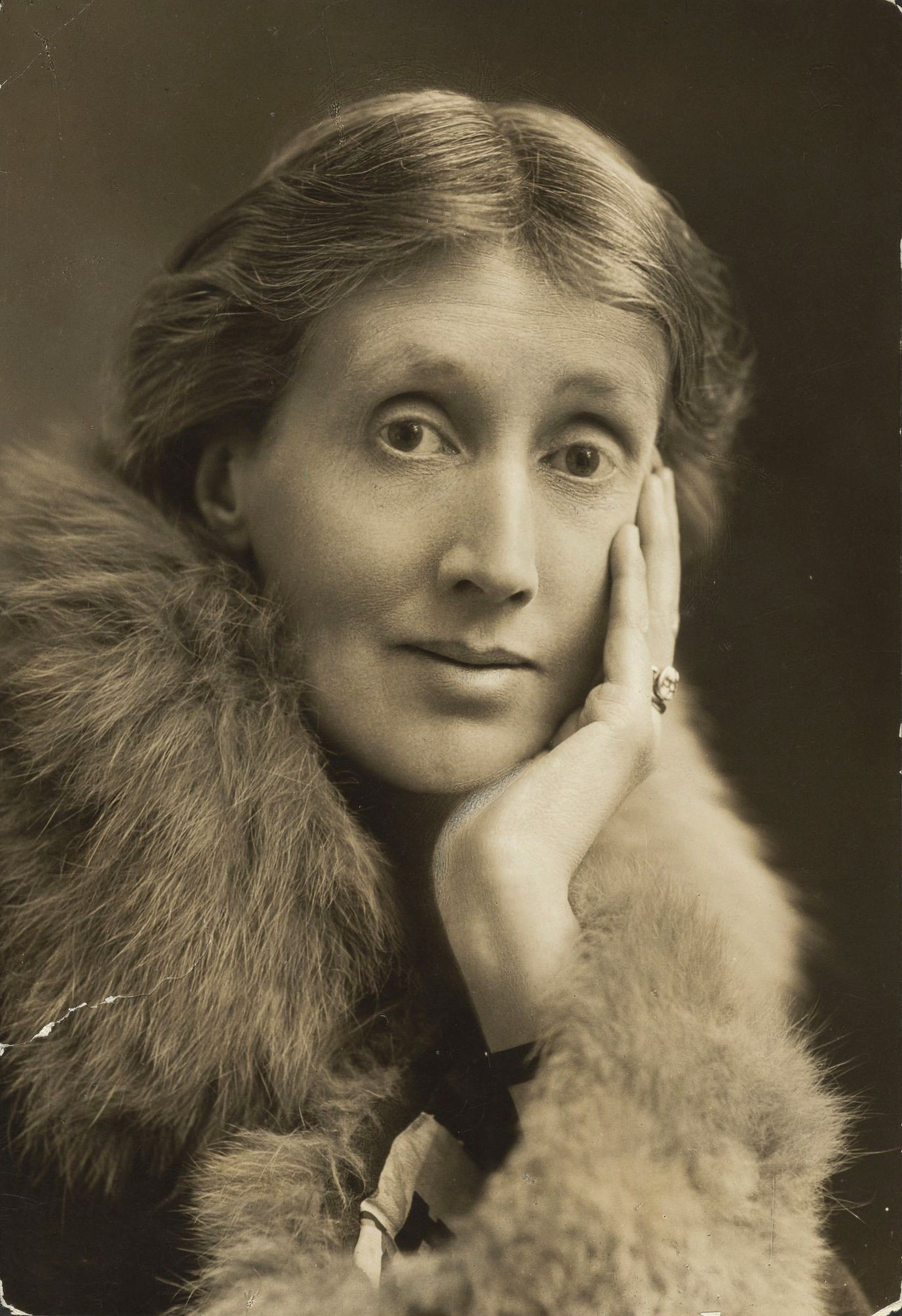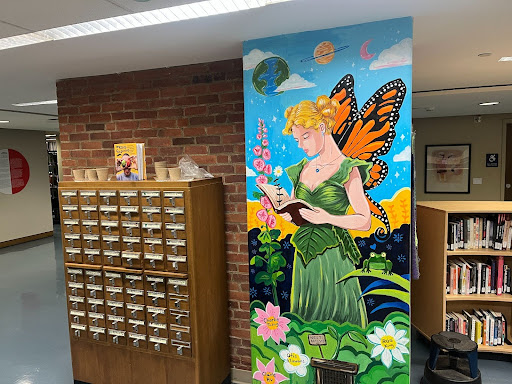Aiden Hebert ’25
Staff Writer
Virginia Woolf (1882-1941) was a prominent literary figure of the 20th century. With her experimental writing style, Woolf shared her criticisms on gender, identity, and mental illnesses, inviting others to rethink their beliefs or even take action. Woolf’s ability to characterize the female experience in a male-dominated society emphasized the pressures of society that limited women. As she pushed the boundaries of activism and literature, her contribution to feminism cannot be exaggerated; she is recognized by many as one of the best and brightest writers of the 20th century.
Woolf, being a modernist literature pioneer, was a key member of the Bloomsbury Group. This group of artists and thinkers were dedicated to artistic experimentation and social progress. While part, Woolf produced many outstanding works such as Mrs. Dalloway (1925), To the Lighthouse (1927), Orlando: A Biography (1928), A Room of One’s Own (1929), and The Waves (1931). These distinguished Woolf’s brilliance and undoubtedly exhibited her genius as an artist, pacifist, and feminist. Investigating gender roles and societal expectations in To the Lighthouse, Orlando, and Mrs. Dalloway, Woolf was able to define how the female experience was shaped by misogyny and male perceptions; this advanced the struggles faced by women to the forefront of literary discourse.
In Mrs. Dalloway, Woolf’s usage of characters and their individual conflicts assisted in exposing the lack of equality brought on by society and the natural world. Through the character Clarissa Dalloway, Woolf illustrated how women’s potential was frequently constrained by their gender and how society expected them to adhere to certain norms. The novel additionally deals with mental illness. After fighting in World War I, the character Septimus Smith was diagnosed with severe PTSD. It was one of the first times that such topics were nuanced and examined in literature.
Perhaps Woolf’s most well-known non-fiction work on feminism is A Room of One’s Own. This piece has cemented its importance in the field of feminist literary criticism, and proven its positive influence. The conventional belief that women are inherently less creative or less able to produce great works of literature is contested in Woolf’s book. The numerous obstacles that women encountered in pursuing their artistic goals has motivated Woolf’s criticism and inquiry. Arguing that women must have their own financial stability and workspace to openly experiment, Woolf invites women to pursue education and professional careers. Her work doesn’t stop there, examining the neglect of women in literature and creative communities. Woolf has produced a lasting and significant interpretation of how women are viewed in society. Her contributions continue to inspire and impact feminist movements today.
Woolf’s activism wasn’t limited to feminism. Her anti-war and anti-fascism advocacy was practiced and exhibited in her literature and everyday life. Her very own experiences and relationship with other pacifist writers influenced her opinion on World War I, hence the implication of Septimus Smith in Mrs. Dalloway. Woolf’s involvement with the Women’s International League for Peace and Freedom allowed her to be a prominent anti-war activist. She took part in anti-war demonstrations and spoke out against militarism. Woolf’s dedication to humanism and her belief in the power of literature had a significant impact on her pacifist beliefs.
Not only did Woolf speak out against highly sensitive and taboo matters like war and mental illness, but Woolf wasn’t afraid to advocate for LGBTQ+ rights. For most of Woolf’s life, her sexuality wasn’t widely known. She had several relationships with both men and women. Through private writings, Woolf’s relationships revealed the complexity and conflicted feelings she experienced throughout her life with sexuality. In her novel Orlando, the character Orlando changes from male to female over a span of several centuries. It is through this character that Woolf examines issues of gender and sexual identity. Her writing has had an encouraging impact on later queer writers, and her work frequently questions the fluidity of sexual identity.
Woolf’s life was one of dedication. Committed to progress and the advancement of human rights, Woolf always took action through her demonstrations and writing. Her contributions will forever have a lasting influence and will continue to encourage many.











[…] Source […]
[…] Source […]